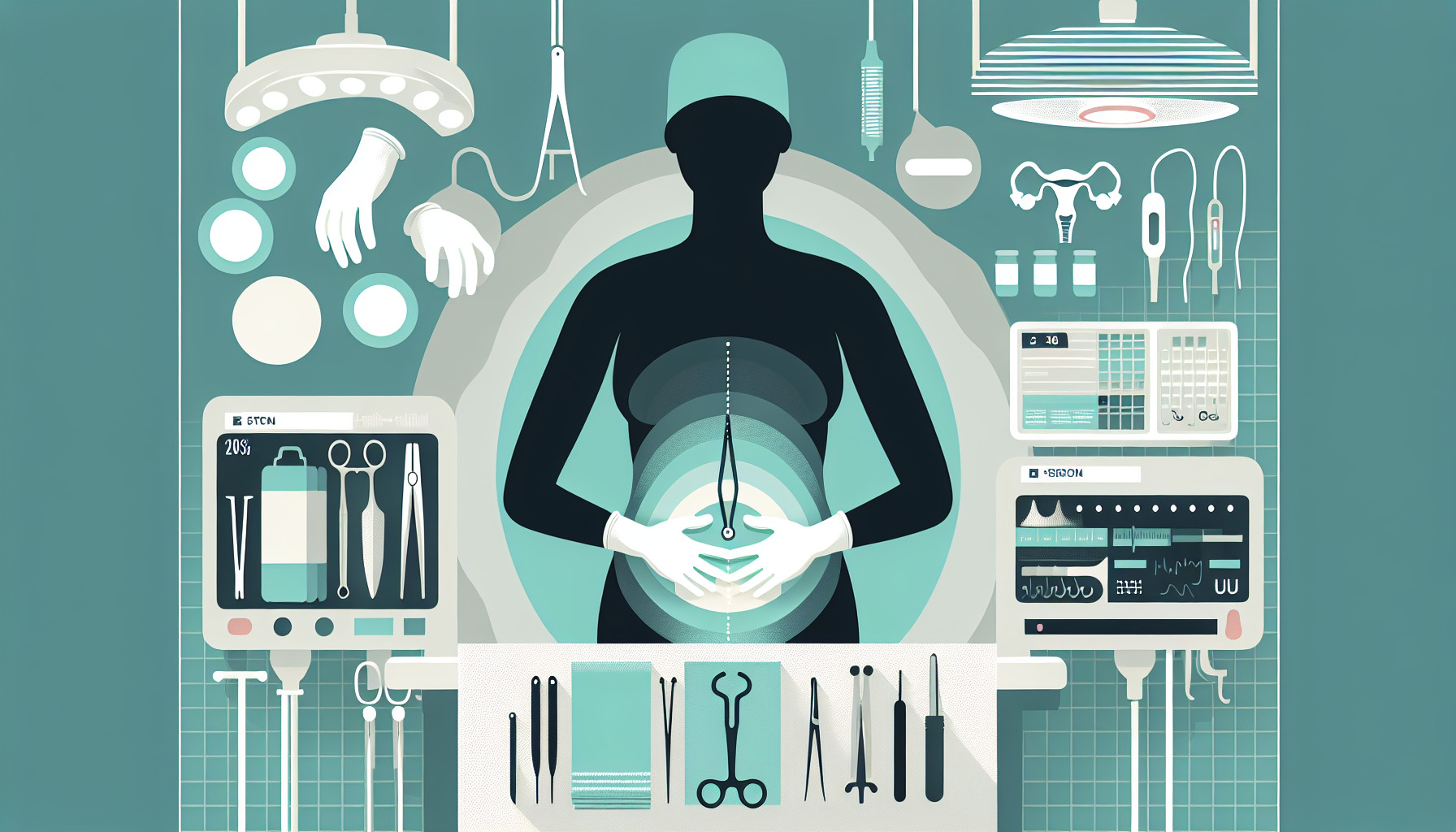Our Summary
This study looked at whether having a hysterectomy (surgery to remove a woman’s uterus) could increase the risk of developing bipolar disorder (a mental condition that causes extreme mood swings). The researchers used health data from Taiwan and compared women who had hysterectomies to women who hadn’t. They found that women who had a hysterectomy were almost three times more likely to develop bipolar disorder. This risk was even higher for women who had endometriosis (a painful condition where tissue similar to the lining of the uterus grows outside the uterus) or who used a certain type of hormone therapy. The researchers concluded that it’s important to understand how hormonal changes from surgery or natural processes can affect mood, and that psychiatric and gynecological care should work together to manage these effects.
FAQs
- Does having a hysterectomy increase the risk of developing bipolar disorder?
- Are women with endometriosis or who use a certain type of hormone therapy at a higher risk of developing bipolar disorder after a hysterectomy?
- What is the importance of understanding how hormonal changes from surgery or natural processes can affect mood?
Doctor’s Tip
One helpful tip a doctor might tell a patient about hysterectomy is to discuss any potential mental health concerns or changes in mood that may occur post-surgery. It’s important to be aware of the potential risk of developing conditions like bipolar disorder and to seek support and treatment if needed. Additionally, staying connected with a healthcare provider for regular check-ups and monitoring of any changes in mood or mental health symptoms can be beneficial in managing any potential risks.
Suitable For
Patients who may be recommended a hysterectomy include those with:
- Uterine fibroids
- Endometriosis
- Abnormal uterine bleeding
- Uterine prolapse
- Chronic pelvic pain
- Gynecologic cancers (such as uterine, cervical, or ovarian cancer)
- Adenomyosis
- Pelvic inflammatory disease
- Chronic pelvic inflammatory conditions
- Severe menstrual cramps (dysmenorrhea)
- Previous unsuccessful treatments for gynecologic conditions
- Desire for permanent birth control
It is important for patients to discuss their individual medical history and concerns with their healthcare provider to determine if a hysterectomy is the best treatment option for them.
Timeline
Before hysterectomy:
- Patient may experience symptoms such as heavy or abnormal bleeding, pelvic pain, or fibroids.
- Consultation with gynecologist to discuss treatment options, including hysterectomy.
- Pre-operative tests and preparations, such as blood work and imaging studies.
- Decision-making process regarding the type of hysterectomy (partial, total, or radical) and potential risks and benefits.
- Surgery date scheduled and pre-operative instructions given.
After hysterectomy:
- Recovery period in the hospital or at home, depending on the type of surgery performed.
- Follow-up appointments with gynecologist to monitor healing and address any concerns.
- Adjustment to physical changes, such as menopausal symptoms (if ovaries were removed) or changes in sexual function.
- Emotional and psychological adjustments to the loss of reproductive organs.
- Long-term follow-up to monitor for any potential complications or changes in overall health.
What to Ask Your Doctor
What are the reasons for recommending a hysterectomy in my case?
What are the different types of hysterectomy procedures available and which one is most suitable for me?
What are the potential risks and complications associated with a hysterectomy?
How will a hysterectomy affect my hormones and menstrual cycle?
Will I still be able to have children after a hysterectomy?
How long is the recovery period after a hysterectomy and what can I expect during this time?
Are there any alternative treatments or therapies that could be considered instead of a hysterectomy?
How will a hysterectomy impact my overall physical and emotional well-being?
Are there any lifestyle changes or precautions I should take after a hysterectomy?
How often will I need follow-up appointments or monitoring after the surgery?
Reference
Authors: Shen YC, Chen W, Tsai IJ, Wang JH, Lin SZ, Ding DC. Journal: Depress Anxiety. 2019 Jun;36(6):543-551. doi: 10.1002/da.22904. Epub 2019 Apr 26. PMID: 31025812
